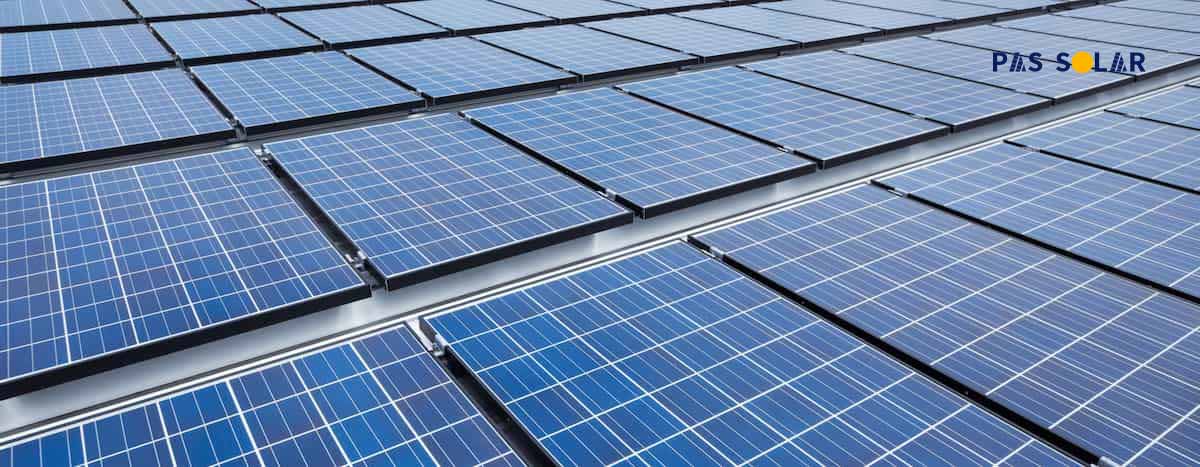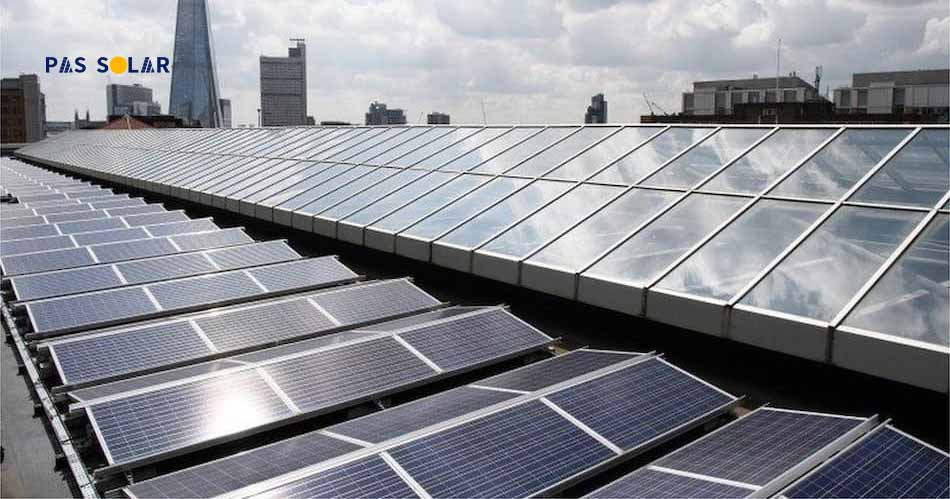When it comes to installing a solar energy system, there are many decisions to make, like whether it should be on-grid or off-grid. And because you’re investing in equipment that will last for many years, it’s important to know the difference of on grid vs off grid solar.
Partnering with a trusted solar installer will be able to guide you through these decisions to get the perfect solar panel companies in uae for your situation. However, doing a bit of homework upfront can’t hurt either. That’s why we share the difference of on grid vs off grid solar to help you decide which is best for your solar project.
Which is better off grid or on grid solar system?
When comparing an off grid vs on grid solar system, it’s crucial to know the difference. An off-grid solar power system is not connected to the public grid, while an on-grid (also known as grid-tied) solar power system is connected to the public grid.
Whether the system is off-grid or connected to the grid will determine your access to electricity, what equipment is needed for excess production, what happens when the grid fails, and how you are billed for electricity. We are going to explore what is the difference between grid tied and off grid solar system.
The difference of on grid vs off grid solar
Difference 1: Your access to electricity
This is the first difference of on grid vs off grid solar. With an off-grid solar system, you are completely dependent on the sun and the energy stored in batteries to power your home or business.
If you go for a solar system that is not connected to the electricity grid, and you do not have a generator, you will only have electricity at two points:
As the sun shines and your solar system produces electricity.
When you draw electricity previously generated by your solar system from a solar storage device, such as batteries.
If you do not have batteries or a means to store your energy, you will have less or no electricity when it is cloudy and no electricity at night.
With an off-grid system, you won’t have access to extra electricity if you need it. What you are producing and what you have stored is all there is to power your equipment.
If you decide to install a grid-tied solar system, you’ll always have access to electricity (unless the grid goes down), whether or not your solar system is producing or has batteries.
If your system does not produce electricity or does not produce enough electricity to power devices, lights, machines, etc. you are using, you can draw power from the public grid to supplement it. This guarantees that you always maintain enough electricity to run your home.
Difference 2: What happens to excess production
Another difference of on grid vs off grid solar is the excess production of electricity. Depending on the size of the system you install, how much electricity you use, and when you use that electricity, there may be times when your system is producing more electricity than it is using. What happens to this excess power depends on the equipment you install.
Most off grid and on grid solar pv system are designed to produce a certain amount of “extra” electricity during the day, which is sent to batteries for storage. The energy stored in those batteries can be accessed when the system is not producing, such as at night or when it is cloudy.
Depending on your energy goals, systems can be sized to produce enough excess electricity during the day to cover all of your energy usages for the entire day.
Like off-grid solar systems, many who choose to install a grid-tied solar system want to cover 100% or nearly 100% of their energy usage. This may also be achieved with on-grid systems.
Depending on what time of day you use electricity, your solar system may produce excess power. Instead of sending it to the batteries as you would in an off-grid system, you can send it to the grid with an on grid solar inverters Dubai, and you’ll be compensated for that electricity.
Difference 3: How you are billed for electricity
The final difference of on grid vs off grid solar is the difference in billing. If your PV system is not connected to a grid, you will not receive any electricity bill. However, even without an electric bill, off-grid systems are often more expensive due to the additional equipment, such as batteries, needed to make them viable.
While considering off grid vs grid tie solar, we have to mention that if you opt for a grid-tied system, you could still see some minimal charges on your electric bill, even if your solar system provides 100% of your electricity.
One type of charge you may still see is a service charge or delivery charge. This is the cost that customers are charged for connecting their homes or businesses to the network. For many utility companies, this rate is a fixed rate that is not affected by the amount of electricity you use.
Another type of fee you may see is the demand fee. Demand charges are typically applied to commercial properties and are the increase in electric rate you pay for the energy you use during a period of peak demand. Peak demand is typically the 15 minutes when your business uses the most electricity.
Because using a large amount of electricity at once puts a strain on the grid, the utility company will charge a higher rate for the electricity used during that period.
It’s not very easy to determine which is better on grid or off grid solar. But, in this article, you learned the basic difference of on grid vs off grid solar systems. For more information, contact Pas Solar, where you can buy solar material in Dubai.




